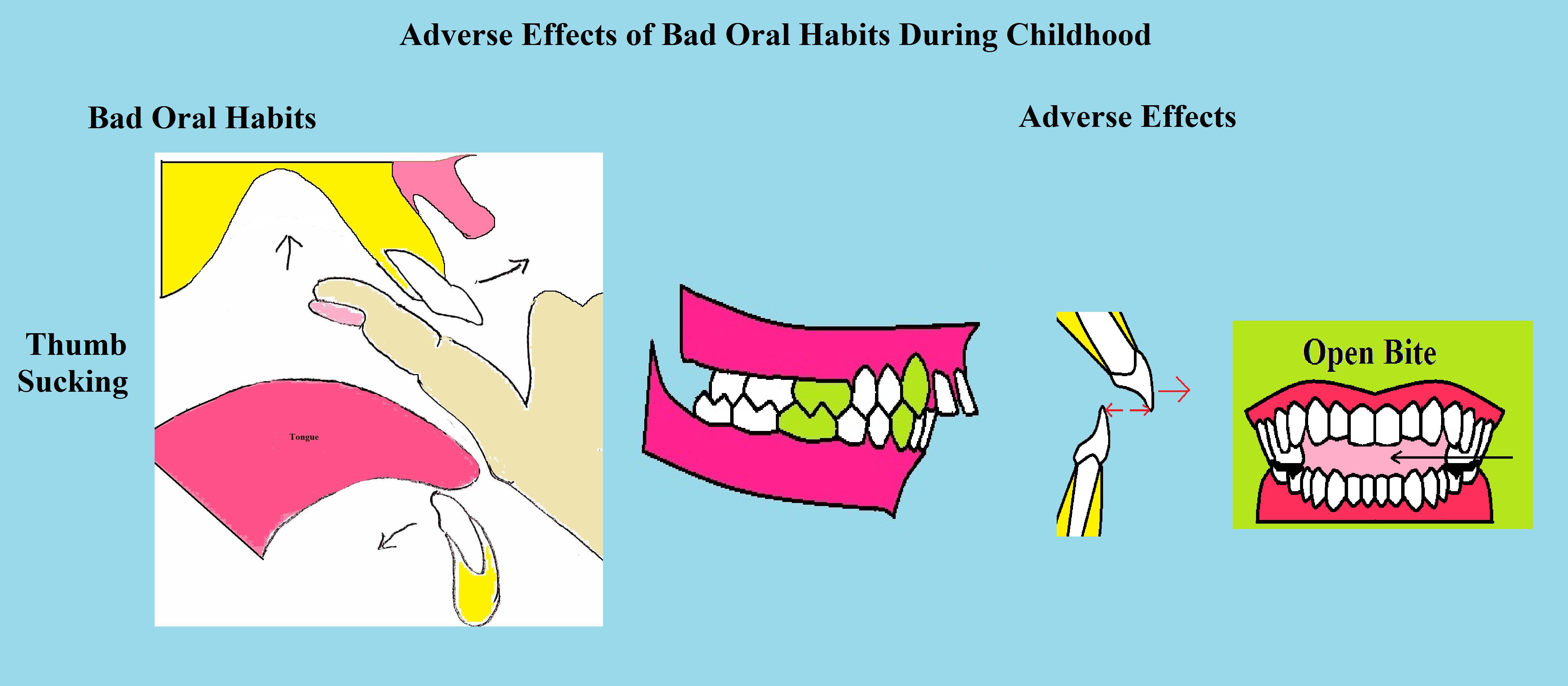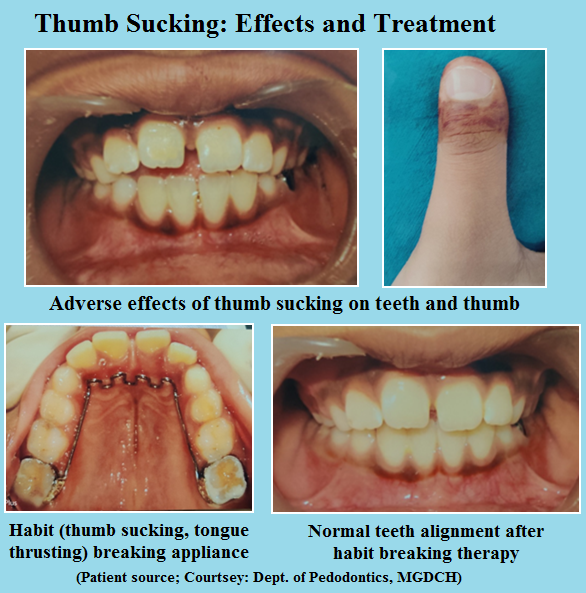
How Thumb Sucking Ruins Adult Teeth
Thumb sucking is often seen as an innocent childhood habit. While most children outgrow it by the age of four, persistent thumb sucking into adolescence and adulthood can cause serious dental and oral health issues. In this article, we’ll explore how thumb sucking ruins adult teeth, the science behind it, warning signs to look for, and treatment options available to reverse or manage the damage.
🔹 Why Do Some Adults Still Suck Their Thumb?
While thumb sucking is a natural reflex for infants, in some individuals the habit extends beyond childhood due to emotional comfort, anxiety, or as a coping mechanism for stress. For adults, it often becomes subconscious or is associated with underlying psychological patterns such as:
- Anxiety disorders
- Emotional trauma in early life
- Sleep-related habits (like during stress or nightmares)
- Habit persistence due to lack of intervention in childhood
🔹 How Thumb Sucking Affects Dental Development
- Misalignment of Teeth (Malocclusion)
Prolonged thumb sucking exerts constant pressure on the upper and lower teeth, especially when done past the eruption of permanent teeth. This leads to:
- Open bite – A gap between the upper and lower front teeth when the mouth is closed.
- Overjet (protruding teeth) – Upper front teeth pushed outward and downward.
- Posterior crossbite – Narrow upper jaw causing the lower teeth to overlap outside the upper teeth.
- Jaw and Palate Deformation
The upward pressure of the thumb against the palate can change the shape of the palate (roof of the mouth), causing:
- High-arched palate – Leading to reduced nasal space and mouth breathing.
- Narrow dental arches – Increasing the risk of crowded teeth and speech issues.
- Speech Problems
Thumb sucking can impact articulation by altering tongue posture and tooth position. Common issues include:
- Lisping (especially “s” and “th” sounds)
- Difficulty pronouncing certain consonants
- Nasal tone due to altered airflow
- Temporomandibular Joint (TMJ) Strain
The habit can strain the temporomandibular joint due to unnatural positioning of the jaw, leading to:
- Jaw clicking or popping
- Pain or stiffness while chewing or yawning
- Headaches or ear pain
- Gum Issues and Infection Risks
Persistent thumb sucking can:
- Introduce bacteria from hands into the mouth
- Cause gum recession in the front teeth area
- Create calluses or fungal infections on the thumbs
- Lead to dry, cracked lips or skin irritation around the mouth
🔹 Signs Thumb Sucking Is Damaging Your Teeth as an Adult
You might be unaware of the habit’s damage until noticeable signs appear, such as:
- Teeth shifting despite braces or retainers
- Speech changes or lisping
- Front teeth not touching when you bite
- Frequent canker sores or ulcers from thumb friction
- Callused or blistered thumbs
- Increased sensitivity in the front teeth
🔹 Psychological & Social Impact of Thumb Sucking in Adults
Beyond dental concerns, adults who suck their thumb often face:
- Embarrassment or shame in social situations
- Disrupted romantic relationships
- Anxiety around dental visits
- Workplace discomfort or hiding habits
This psychological impact can create a cycle, where stress leads to more thumb sucking.
🔹 How to Stop Thumb Sucking in Adulthood
- Behavioral Therapy
- Cognitive Behavioral Therapy (CBT) to address underlying anxiety or emotional causes.
- Habit reversal training (HRT) to redirect actions.
- Myofunctional Therapy
Involves tongue and oral muscle exercises to retrain swallowing and tongue posture.
- Orthodontic Appliances
For severe cases, orthodontists may recommend:
- Habit-breaking appliances (palatal crib, tongue rake)
- Braces or aligners to correct bite issues
- Retainers with spurs that make thumb sucking uncomfortable

Habit Breaking Appliance for Thumb Sucking
- Mouthguards or Finger Guards
Custom-made mouthguards or thumb covers can physically prevent sucking during sleep or stress episodes.
- Stress Management Techniques
Mindfulness, meditation, journaling, and support groups can help adults manage emotional triggers for the habit.
🔹 Treatment for Dental Damage Caused by Thumb Sucking
If damage has already occurred, here are possible treatments:
| Dental Issue | Treatment Options |
| Open bite / Malocclusion | Braces, Invisalign, Orthognathic surgery (severe) |
| Tooth wear or misalignment | Composite bonding, veneers, crowns, orthodontics |
| Speech defects | Speech therapy + orthodontic correction |
| Gum irritation or recession | Deep cleaning, periodontal therapy, gum grafting |
| TMJ problems | Bite splints, physiotherapy, muscle relaxants |
🔚 Conclusion: Don’t Let a Childhood Habit Damage Your Smile Forever
Thumb sucking may begin as a soothing childhood reflex, but its persistence into adulthood can quietly wreak havoc on your oral health. From crooked teeth and bite problems to jaw pain and speech difficulties, the long-term effects are far from harmless. Fortunately, with modern orthodontic, behavioral, and therapeutic approaches, adults can overcome the habit and reverse much of the damage.
Don’t ignore the signs. Seek dental and psychological guidance to break the habit and regain control of your oral and emotional well-being.
❓10 Frequently Asked Questions (FAQs)
- Can thumb sucking damage teeth even if I do it occasionally?
Yes, even occasional but forceful thumb sucking can slowly shift teeth and affect bite alignment. - Is adult thumb sucking considered a psychological disorder?
Not always, but it can be a sign of unresolved anxiety or emotional needs. - Can thumb sucking cause speech delay in children that persists into adulthood?
Yes, improper tongue posture and open bite can cause articulation issues that require speech therapy. - Will insurance cover treatment for thumb-sucking-related dental issues?
Some orthodontic or therapeutic treatments may be covered, but cosmetic fixes often are not. - Is surgery ever needed to fix the effects of thumb sucking?
Only in extreme skeletal deformities, jaw surgery may be recommended alongside orthodontics. - How long does it take to stop the habit with therapy?
It varies. With CBT and motivation, most adults see significant improvement in 2–6 months. - Can Invisalign treat thumb sucking damage?
Invisalign can correct alignment, but habit-breaking behavior must be addressed separately. - Does thumb sucking change face shape permanently?
Prolonged pressure during growth can affect jaw and facial symmetry, especially if not treated early. - Can nail biting and thumb sucking have similar effects?
Both can affect alignment and gum health, but thumb sucking has a more severe impact on bite. - How do I talk to a dentist about thumb sucking without feeling embarrassed?
Dentists are trained professionals who handle such cases sensitively and without judgment.
🔖 Call to Action
Explore our Children’s Oral Health Care Products to support your child’s journey to a healthy smile.
Related Reads
Psychological Triggers Behind Thumb Sucking in Children
Oral Parafunctional Habits and ADHD in Children: Understanding the Link
